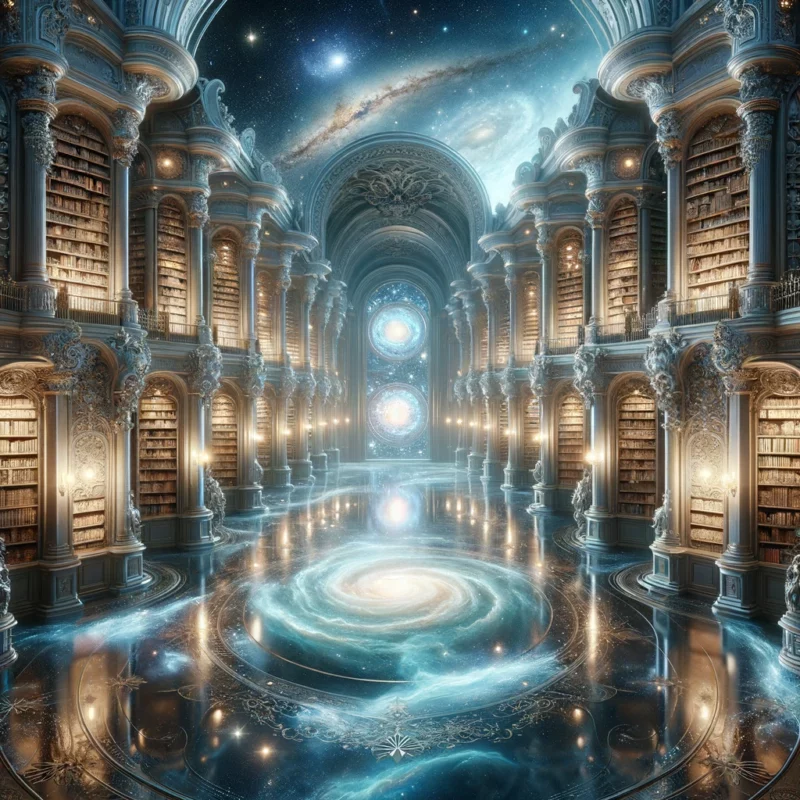
A Celestial Library
One of the advantages of homeschooling is that you have the bandwidth to fine-tune your children’s reading and media diet on a level that would be very difficult to pull off if they were gone for half the day.
I’ve read quite a bit in my day (although I’m not currently reading as much as I used to), and whenever I come across a book that I want to make sure my children read I put it on a particular “shelf” in my Goodreads account. Below is part two (of three parts) of my list of “required reading” books that are religious themed or at least have a strong spiritual/existential message.
Columbia Sourcebook of Mormons in the United States, by Terryl Givens and Reid Neilson
At the end of the day secondary analyses can only get you so far, which is why primary sources should form a core of any religious education, and this particular collection is as good as any for compiling the essential documents of the Church of Jesus Christ of Latter-day Saints in one location.
The Road, by Cormac McCarthy
Again, not explicitly religious, but one of the darkest books you’ll ever read (set in post-Apocalyptic hellscape with a father and his son doing what they need to to survive) acts paradoxically as a hymn to hope and light in the darkness that could almost be described as subtly spiritual.
How Wide the Divide? A Mormon & an Evangelical in Conversation by Craig Bloomberg and Stephen Robinson
Interfaith discussions are often either too pugilistic or too banal and ecumenical. This book threads the needle of each side being highly respectful while not being afraid to defend its own religious perspective.
Unapologetic: Why, Despite Everything, Christianity Can Still Make Surprising Emotional Sense by Francis Spufford
The title is a little obnoxious, but it’s a rather well-written, very contemporary defense of Christianity.
Beautiful Boy: A Father’s Journey Through His Son’s Addiction by David Sheff
Probably the most prominent addiction memoir. Was turned into a movie with Steve Carrell and Timothee Chalamet but I heard it wasn’t very good. Not super, overtly religious, but there are plenty of prayers of the desperate atheist, which have their own unique kind of profundity, and there is a touching bit of theodicy when, at a meeting of other parents of addicts the father is asked whether he believes in God; upon replying no they state matter of factly that he will before all of this (his son’s addiction) is over. I think it was Ross Douthat who pointed out that people at sneer at religion because it’s a crutch, seemingly ignoring the point that people sometimes need crutches.
The Mystery of Existence: Why Is There Anything At All? by John Leslie and
Why Does the World Exist? An Existential Detective Story by Jim Holt
Not tear jerkers or anything, but some fun intellectual journeys through some of the most basic questions of existence.
Death Comes for the Archbishop by Willa Cather
Like Brothers Karamazov, one of the few books in the literary canon that treat intense religiosity seriously on its own terms.
The Mormon Doctrine of Deity: The Roberts-Van Der Donckt Discussion
An introduction to ways in which Latter-day Saint theology can also be intellectually robust and systematic (although, IMHO, it doesn’t always have to be, more things in heaven and in earth and all that).
Horizontal Harmony of the Four Gospels in Parallel Columns: King James Version
Yes, I know horizontal harmonies are controversial because they imply some sort of coherent storyline, but still, it’s important to be able to see how the gospels interrelate and how exactly they comment on and complement each other.
The King Follet Discourse: The Being and Kind of Being God Is; the Immortality of the Intelligence of Man
Peak Joseph Smith, peak boy driving the plough looking into heaven for five minutes and revealing truths hidden from the view of devout scholars and priests for thousands of years.
The Book of Mormon: Another Testament of Jesus Christ, Maxwell Institute Study Edition
I have a testimony of the Book of Mormon’s complexity by dint of having received a B- in Book of Mormon at BYU. This study edition is the most organized, readable, and plain enjoyable version for scholarly study (in terms of both texts and graphics).

Comments
5 responses to “My Religious-Themed Required Reading List, Part II”
The Maxwell Institute Study edition is no longer available. Grant Hardy’s Annotated Book of Mormon is better and available.
Tattoos on the Heart is one to add to your list. Great storytelling and so many wonderful examples of pure charity.
Answer to Job, Carl Jung
The Gift of Death, Jacques Derrida
Resurrection, Leo Tolstoy
Temple Theology, Margaret Barker
Old man, it’s a million times better.
To be honest I wouldn’t even call the Maxwell institute one a study edition. I don’t see it any different than the first edition Hardy made.
This latest one is amazing though–I do think Kevin christianson’s feedback has notated in the interpreter journal is accurate though.
Brant Gardner’s plates version one is very good too.
Thanks for the suggestions all!